#blackHistory
Explore tagged Tumblr posts
Text

"You get freedom by letting your enemy know that you'll do anything to get your freedom; then you'll get it. It's the only way you'll get it."
#malcolm#malcolmx#malcolmxquotes#malcolmxday#blackpanther#blackhistory#malcomx#blacklivesmatter#blackpower#africanamerican#blackexcellence#blackbusiness#love
26 notes
·
View notes
Text

HAPPY BLACK HISTORY MONTH 🖤🫶🏿
#black twitter#black family#all black#blackhistory#pam grier#black panther#black tumblr#african american#black people#black power#freedom
2K notes
·
View notes
Text
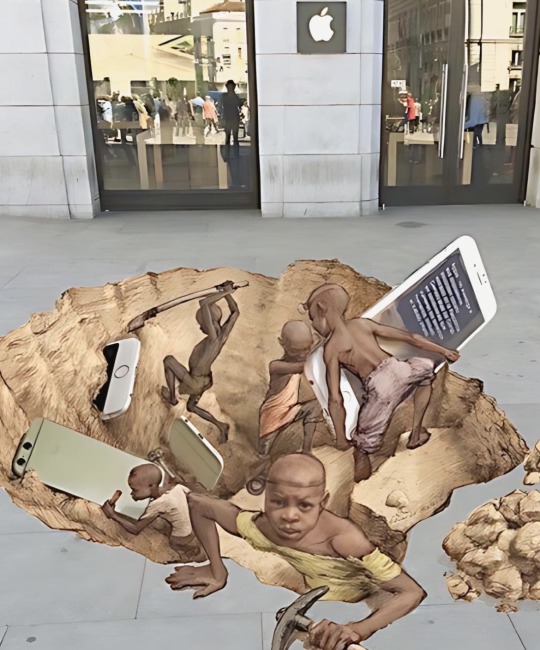
Congo is silently going through a silent genocide. Millions of people are being killed so that the western world can benefit from its natural resources.
More than 60% of the world's cobalt reserves are found in Congo, used in the production of smartphones.
Western countries are providing financial military aid to invade regions filled with reserves and in the process millions are getting killed and millions homeless.
Multinational mining companies are enslaving people especially children to mine.
•••
La República Democrática del Congo vive un genocidio silencioso. Millones de personas están siendo asesinadas para que la parte occidental del mundo pueda beneficiarse de sus recursos naturales.
Más del 60% de las reservas mundiales de cobalto se encuentran en el Congo, y se utiliza en la producción de teléfonos inteligentes.
Los países occidentales están proporcionando asistencia financiera militar para invadir regiones llenas de reservas y en el proceso millones de personas mueren y millones se quedan sin hogar.
Las empresas mineras multinacionales están esclavizando a la gente, especialmente a los niños, para trabajar en las minas.
Street Art and Photo by Artist Eduardo Relero
(https://eduardorelero.com)
#blacklivesmatter#blacklivesalwaysmatter#english#spanish#blackhistory#history#share#blackhistorymonth#blackpeoplematter#black history matters#black history 2023#black history is everybody's history#historyfacts#black history is world history#black history is american history#african history#black history#black history month#modern slavery#knowyourhistory#congo genocide#dr congo#blackbloggers#like#blackhistoryyear#follow#cobalt#blackownedandoperated#culture#art
11K notes
·
View notes
Text
Black people have invented so much for America and we get no love for it. GPS is a black woman, 3D imaging is a black woman, laser eye surgery is a black woman, the escalator is a black inventor, the elevator, open-heart surgery etc. We can keep going and going! They took everything and lied to us but I’m glad it’s all coming to the light.
#black inventors#black people#black excellence#black history#Blackinventions#BlackHistory#Godfrey#africa#black lives matter#blacklivesmatter
684 notes
·
View notes
Text

#artofattraction#BlackExcellence#MelaninMagic#BlackCulture#BlackIsBeautiful#BlackEmpowerment#BlackJoy#SupportBlackArt#BlackCreatives#AfroCultural#CelebrateBlackness#BlackAndProud#AfricanDiaspora#MelaninPoppin#BlackHistory#BlackVoices#BlackLove
978 notes
·
View notes
Text
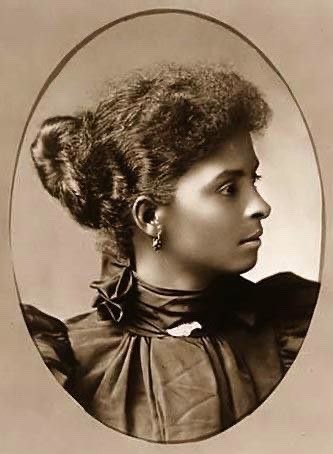
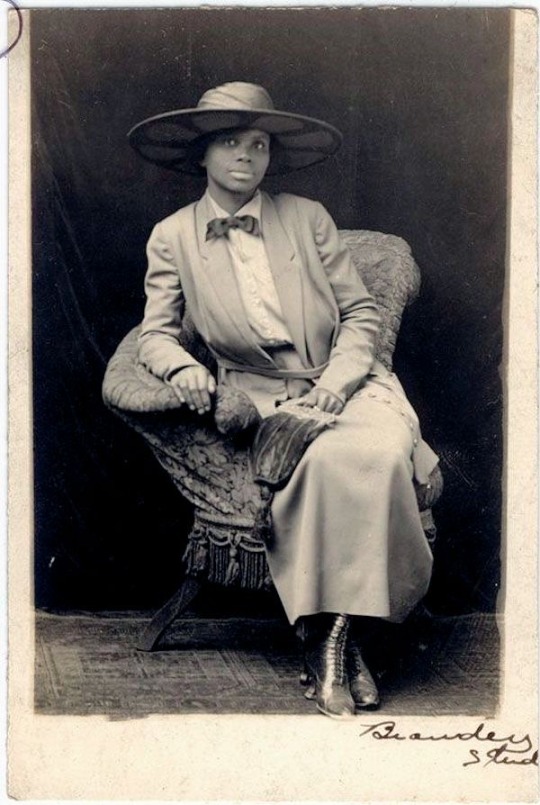
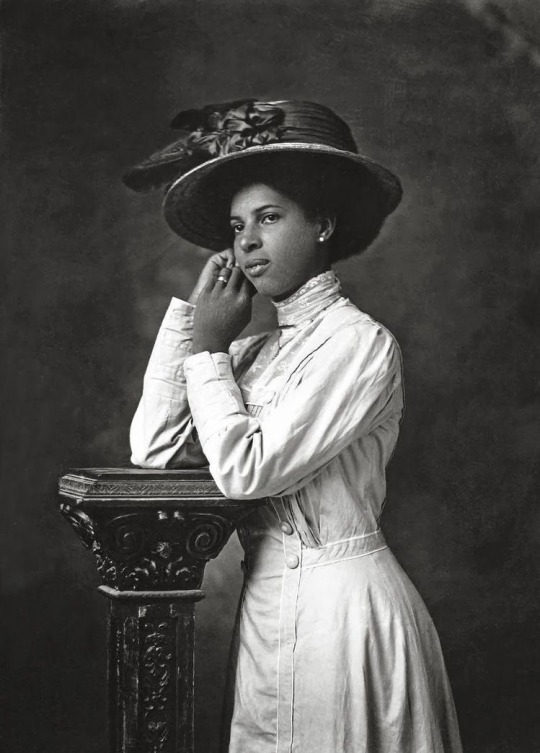



Historical African American Photos Black Women in Victorian Era 1800's Real People Real Lives
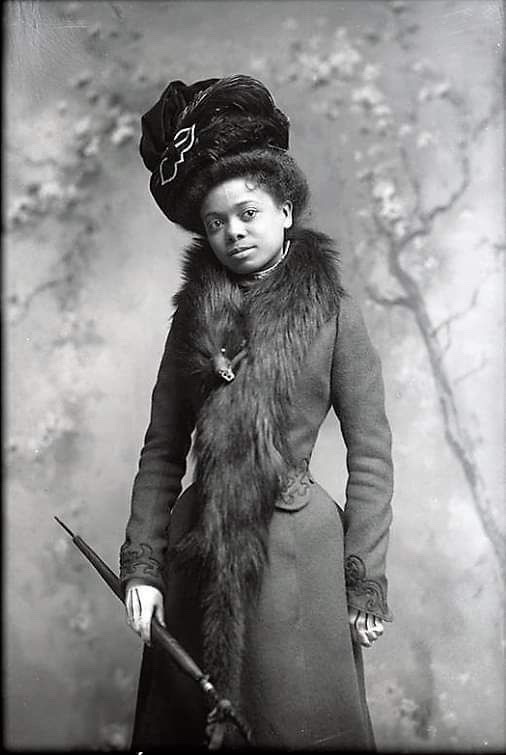

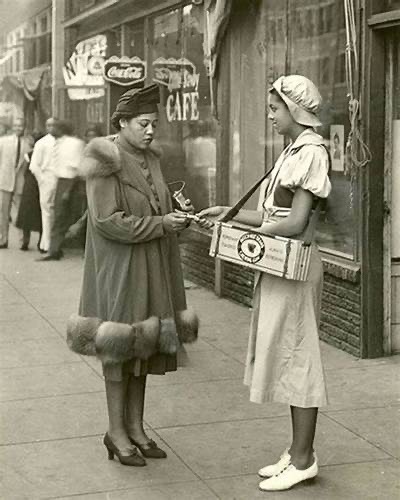
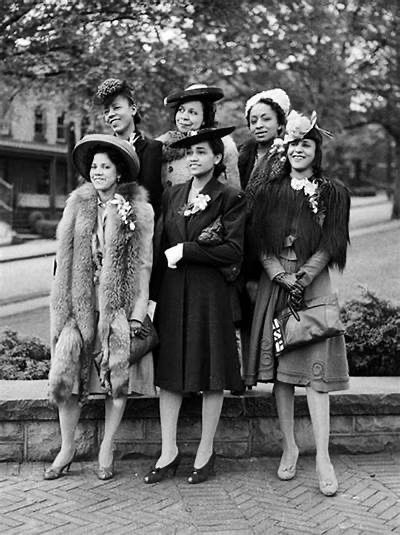
6K notes
·
View notes
Text

#malcom x#el hajj malik el shabazz#blackisbeautiful#blackmen#blackactivism#blacknationalism#black identity#blackcommunity#afrocentrism#panafricanism#rootingforeverybodyblack#blackhistory#blackhistorymonth#the black experience#blackconsciousness#theblacknarrative#blacktivism#belovedcommunity#blackexcellence#blacklivesmatter#civilrights#allblackeverything#fortheculture#blackculture#blackpositivity#blackpeople#blackpride#blackpower#blacktumblr
217 notes
·
View notes
Text
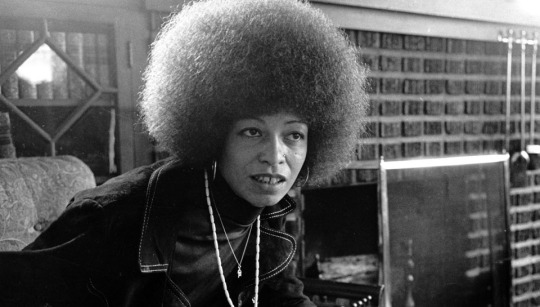
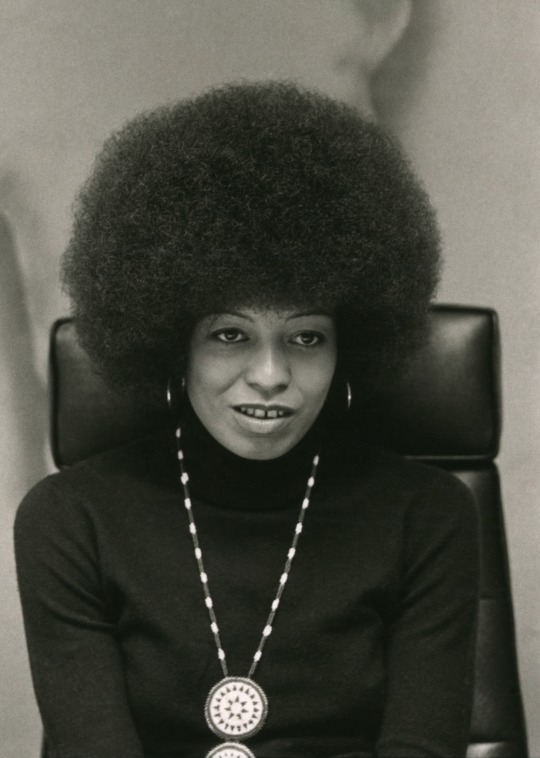
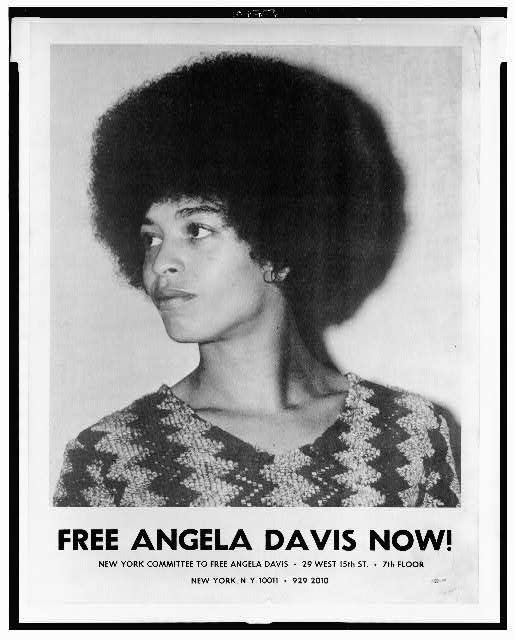

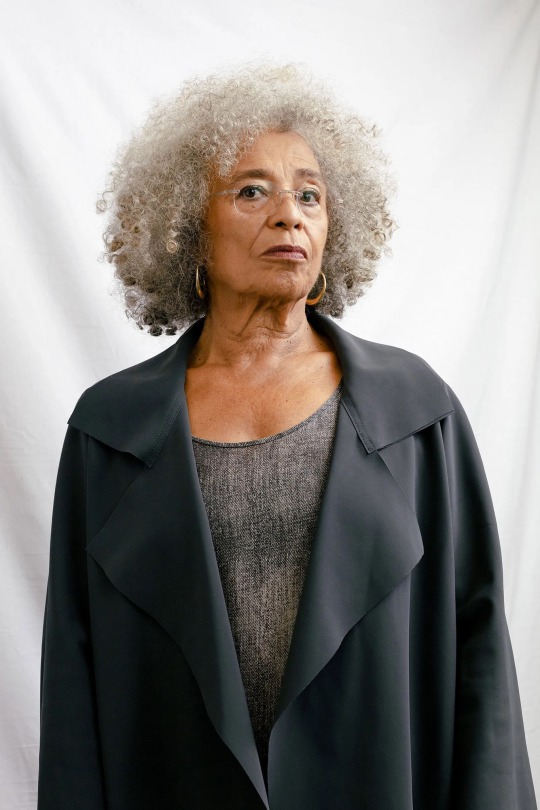
January 26, 1944 activist and philosopher, Angela Davis, was born!
#angela davis#black history#black women#blackhistory#civil rights#black panthers#black unity#unity#black tumblr
517 notes
·
View notes
Text


Happy Black History Month ✊🏾
#chicago photographer#cleocartwrightphotography#black photographers#black artists#black tumblr#black culture#photographers on tumblr#fashion photographer#editorial photographer#portrait photography#blackhistory#black history month#editorial photography#fashion photography#photography#original photographers#original photography on tumblr#artists on tumblr
61 notes
·
View notes
Text

Today In History
Marvin Gaye was a major force in twentieth century music—a singer of rare sensitivity, a versatile pianist, expert drummer, writer of startling originality and producer capable of seamlessly integrating a multitude of melodic strands. Beyond his great popularity, his impact on artists of his generations and generations to come is enormous.
Like no artist before or after, Gaye possessed an uncommon cool for combining the secular and spiritual. A man who lived much of his life at war with himself, music was his refuge, the place where he generated wondrous harmony.
Marvin Pentz Gay Jr. was born in Washing, D.C. on this date April 2, 1939.
CARTER™️ Magazine
#marvin gaye#carter magazine#carter#historyandhiphop365#wherehistoryandhiphopmeet#history#cartermagazine#today in history#staywoke#blackhistory#blackhistorymonth
312 notes
·
View notes
Text

#malcolmx#malcomx#africanamerican#blacklivesmatter#blackpanther#love#blackexcellence#blackpower#blackbusiness#blackhistory
853 notes
·
View notes
Text

147 notes
·
View notes
Text
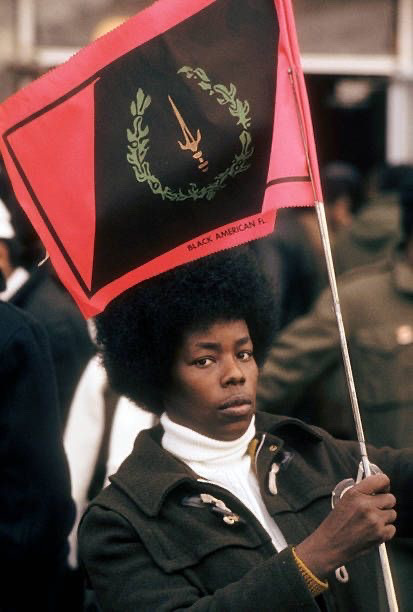
The Black American Heritage Flag was designed in 1967 by Melvin Charles and Gleason T. Jackson.
According to the designers, the blunted sword represents pride, while the gold wreath represents peace, prosperity and everlasting life.
Red is for the blood that has been shed by the community for freedom, justice and human dignity, and black represents the pride in their skin color and the black community.
•••
La bandera de la herencia afroamericana fue diseñada en 1967 por Melvin Charles y Gleason T. Jackson.
Según los diseñadores, la espada desafilada representa el orgullo, mientras que la corona de oro representa la paz, la prosperidad y la vida eterna.
El rojo es por la sangre derramada de la comunidad por la libertad, la justicia y la dignidad humana, y el negro representa el orgullo por el color de su piel y la comunidad negra.
#blacklivesmatter#blacklivesalwaysmatter#blackhistory#history#blackhistorymonth#blackpeoplematter#black history matters#black history is everybody's history#historyfacts#black history is world history#black history is american history#black history month#black history#historia#knowyourhistory#blackhistoryyear#culture#knowledgeisfree#knowledgeispower#knowlegde#heritage#blackbloggers#blackownedandoperated#flag#share#justice#pride#black history 2025#english#spanish
284 notes
·
View notes
Text
#black history#black people#black owned#black owned business#oil well#oil and gas#ushistory#thisisamerica#amerikkka#beingblackinamerica#blackhistorymatters#blackexistence#blackinspiration#blackexperience#explore#blackhistoryeveryday#blackhistory365#blackteachersmatter#blackamericans#freedmen#blackhistoryisamericanhistory#blackmenmatter#goat#blackstoriesmatter#blackknowledge#🔥#blackhistory#blackwomen#blackmen#neverforget
543 notes
·
View notes
